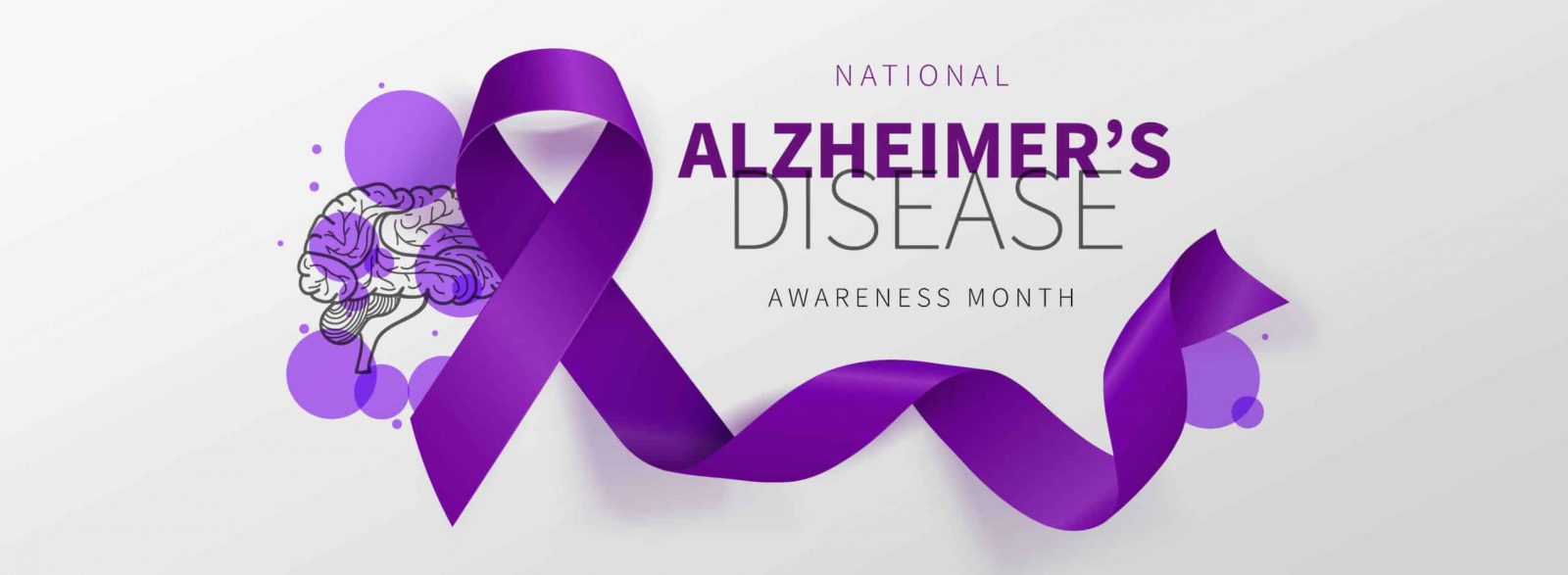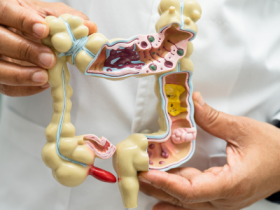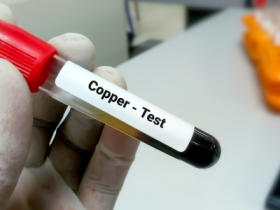Quick Stats:
- There are over 6 million Americans living with Alzheimer’s Disease with 3 million new cases diagnosed each year.
- Alzheimer’s is deadlier than breast cancer and prostate cancer combined.
- The disease is most prevalent in women and Black Americans.
- 11 million Americans act as unpaid caregivers for a loved one diagnosed with Alzheimer’s.
- Fewer than 1 in 5 Americans are familiar with mild cognitive impairment, which can be an early stage of Alzheimer’s.
Source: Alzheimer’s Association
Alzheimer’s disease is a progressive, deadly brain disease for which there is no cure, and is not a normal part of healthy aging. Researchers are still working to discover the root cause of the disease, but it’s widely believed to be due to the buildup of misfolded proteins between nerve cells, which causes brain damage. This damage begins a decade or more before symptoms start to show. It’s important to monitor yourself and your loved ones for any signs of mild cognitive impairment (MCI), which can proceed Alzheimer’s and other forms of dementia.
Symptoms of Alzheimer’s Disease:
- Memory loss
- Poor judgment leading to bad decisions
- Loss of spontaneity and sense of initiative
- Taking longer to complete normal daily tasks
- Repeating questions
- Trouble handling money and paying bills
- Wandering and getting lost
- Losing things or misplacing them in odd places
- Mood and personality changes
- Increased anxiety and/or aggression
- Difficulty with language
Signs of MCI:
- Losing things often
- Forgetting to go to events or appointments
- Having more trouble coming up with words than other people of the same age
Treatment and Research
Getting checked by your health care provider can help determine if the symptoms you are experiencing are related to Alzheimer’s disease or MCI. Treatment of the disease may involve medications, lifestyle management strategies and enrollment in clinical trials. Johns Hopkins is a leader in geriatrics as well as psychiatry and behavioral sciences as shown through the collaborative effort of the Memory and Alzheimer’s Treatment Center.
Key investigators, Esther Oh, M.D., Ph.D., Constantine Lyketsos, M.D., and Corrine Pettigrew, Ph.D., are available for interviews.






